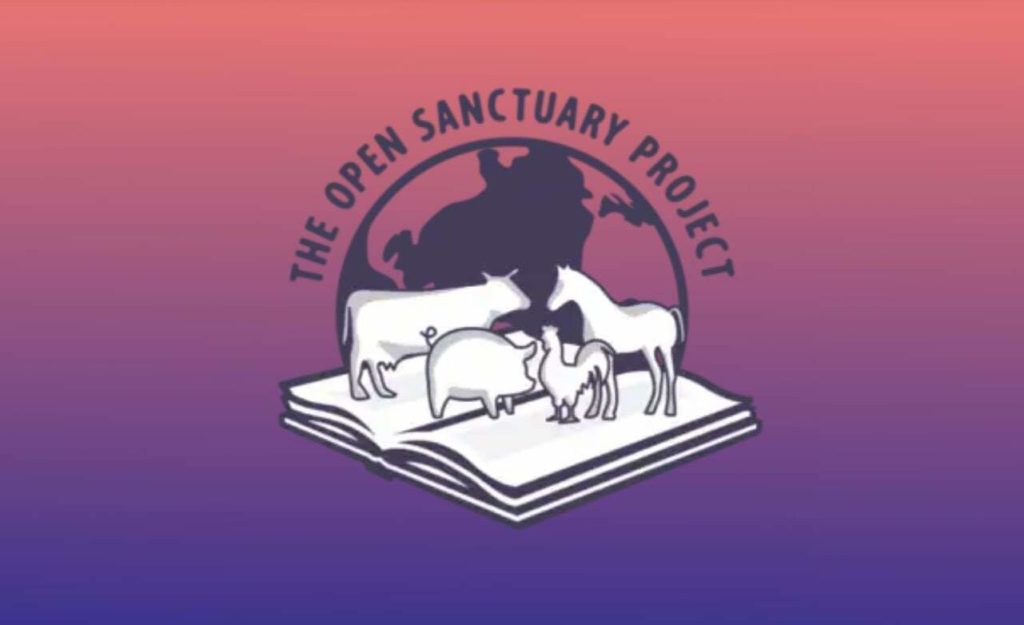So you want to start a Farm Sanctuary! Did you know that most sanctuaries fail within their first year of operation, or shortly thereafter? Running a successful farm sanctuary is a tremendous amount of never-ending work with several varied aspects that most people don’t take into account when considering starting one.
The Open Sanctuary Project does an excellent job spotlighting the various facets of sanctuary life as well as the many challenges that it presents including the often understated personal costs, self sacrifice, and dealing with difficult people.
“Outside of all of the organizational and resident concerns, as mentioned, starting an animal sanctuary is an extraordinarily time consuming and emotionally challenging endeavor to individual founders. It is a commitment to long days and nights of work with sometimes faint (if not non-existent) praise, a modest (if not non-existent) salary, and at least initially, a pronounced lack of time off. Caring for the residents is a non-negotiable daily reality, so if nobody else can do the work, it’s on the founder to be at the sanctuary making sure the residents are provided for. If you are someone who needs frequent vacations or time to decompress, starting an animal sanctuary may not be the best decision for you! Even if a founder is physically absent from the sanctuary in an attempt to take a break, many founders have reported difficulty being able to “mentally take a break” from the sanctuary. There’s simply too much to do and plan for!
Working with residents, especially those who have poor health, can be frequently exhausting, frustrating, and heartbreaking. People who work with animals face disproportionately high rates of grief, depression, compassion fatigue, burnout, and sadly, self-harm and suicidality. Rarely is there time to give oneself the space to process these complex emotions, and painful experiences can often happen in short succession. A potential founder must be resilient and willing to step back and take care of themselves when necessary. They must be able to have the strength to recognize that self-care is not a weakness or retreat, but a key factor in being able to keep doing the work in the long run.”
